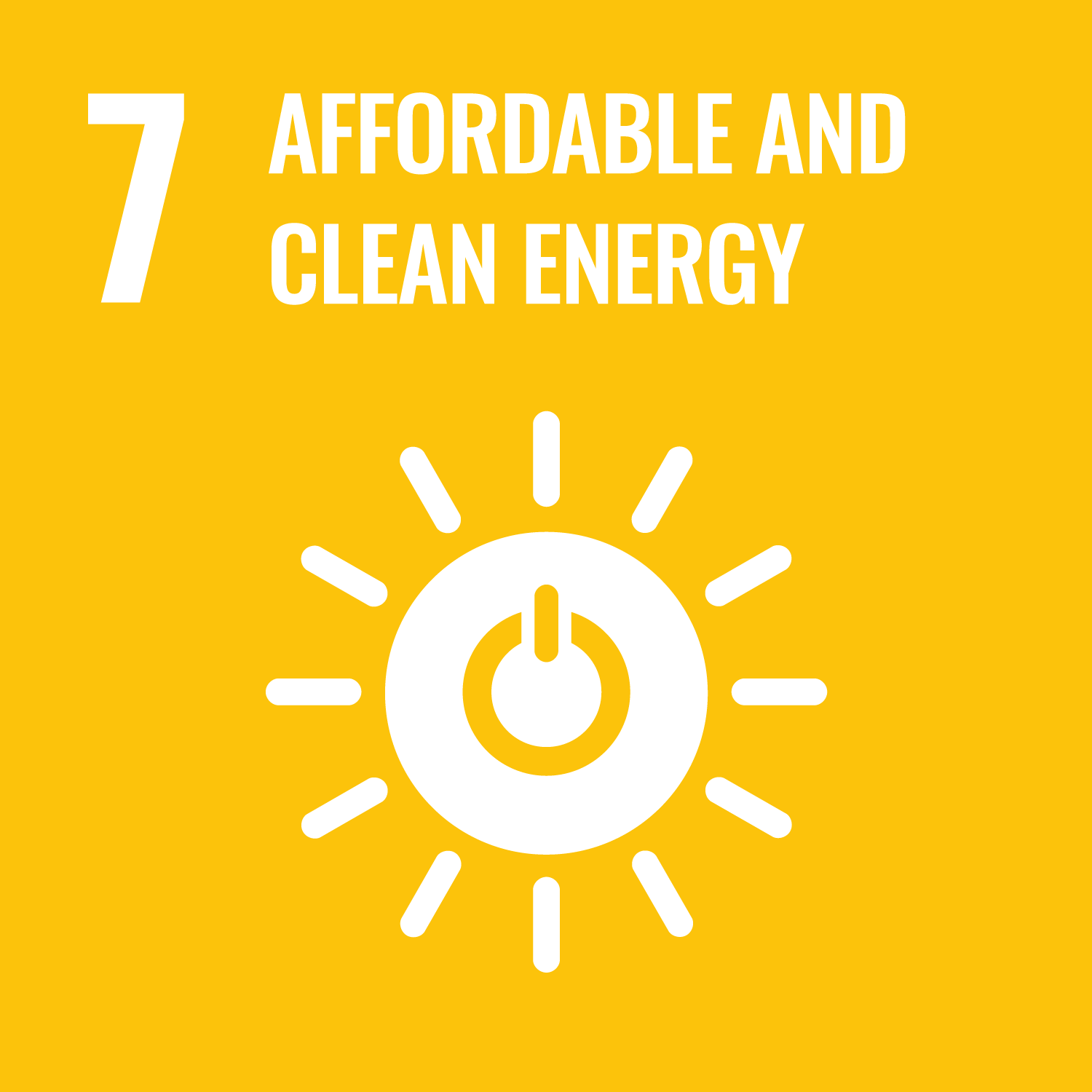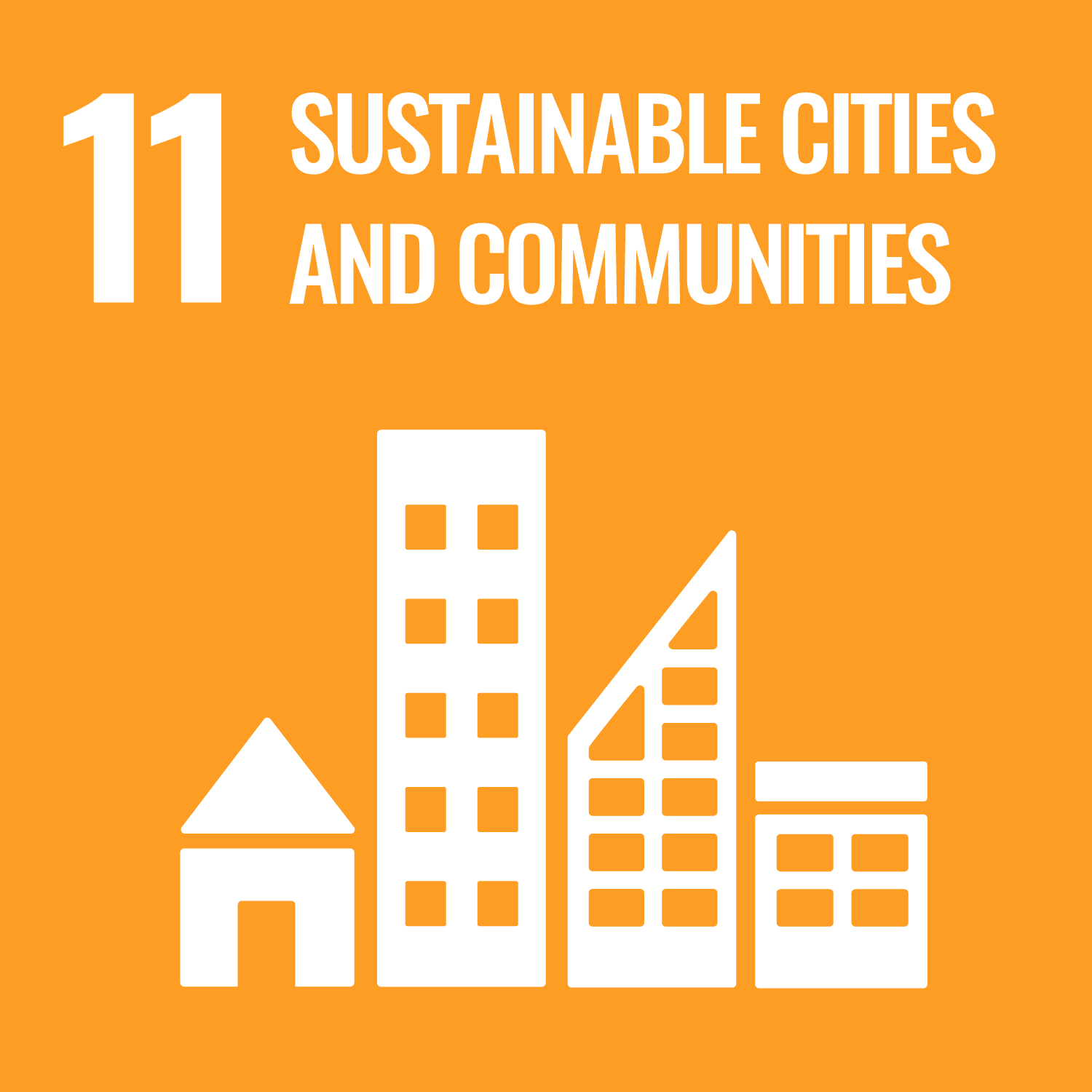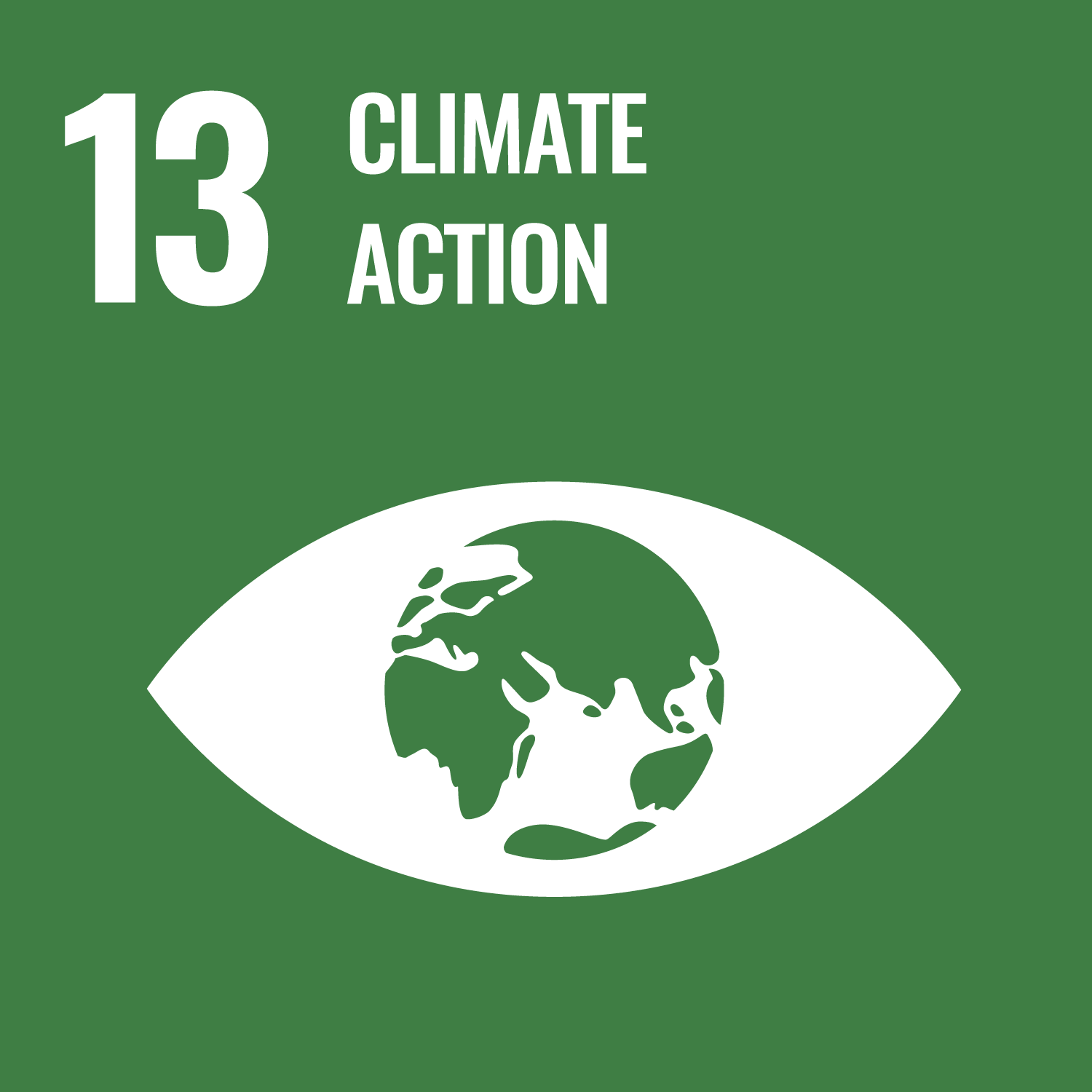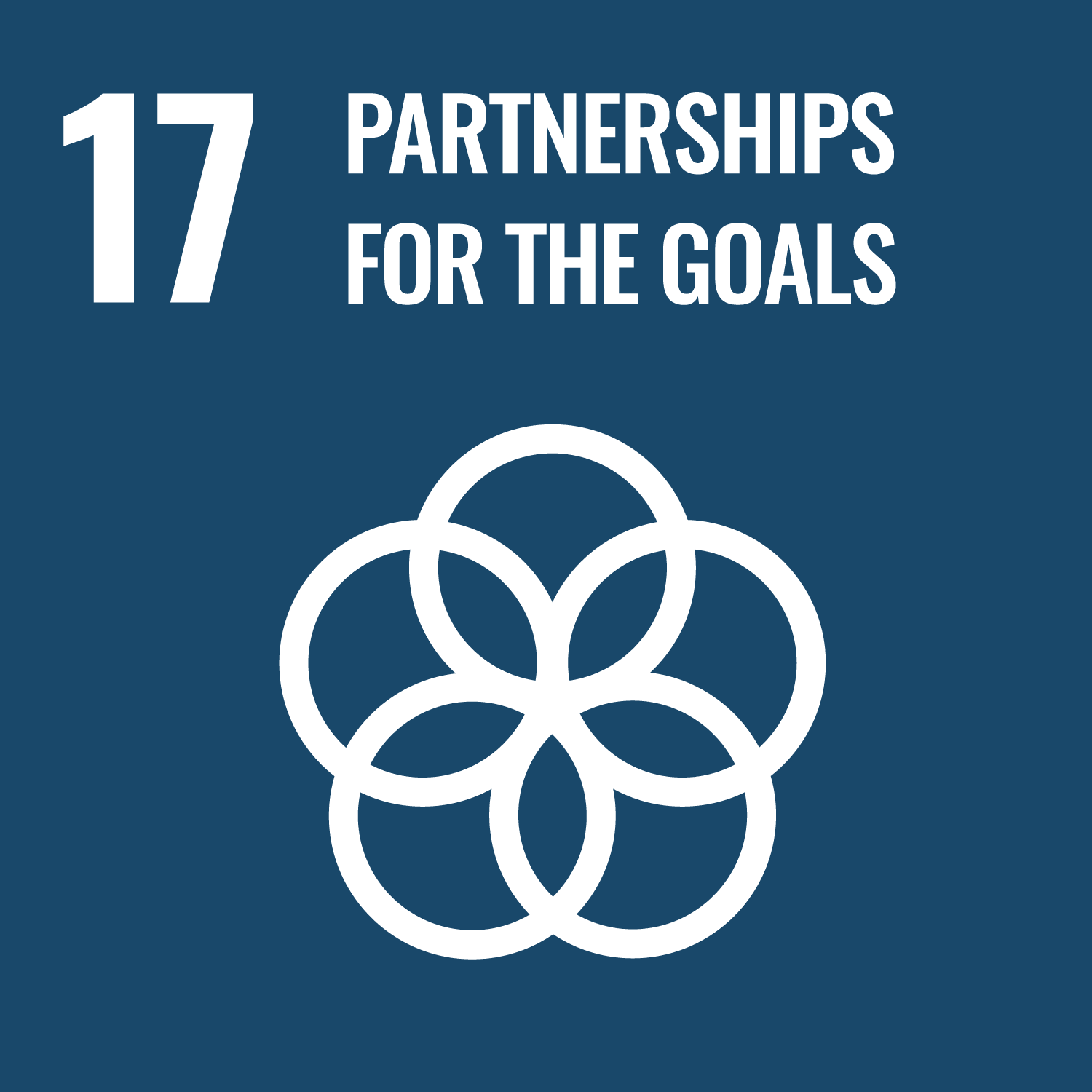Global Platform for Urban Climate Neutrality (GPUC)
The Global Platform for Urban Climate Action (GPUC) serves as a central hub, providing cities in developing and emerging economies with comprehensive access to information, technical solutions, capacity building, and support for energy efficiency and climate neutrality initiatives. By offering these resources, GPUC aims to empower cities to implement sustainable energy solutions that align with their long-term carbon neutrality targets.
The platform builds upon previous work and successes in the Global South, aiming to accelerate the adoption of energy-efficient practices, reduce greenhouse gas emissions, and enhance climate resilience in urban areas. Through collaboration, knowledge sharing, and technical expertise, GPUC strives to ensure that cities can overcome barriers and make meaningful progress toward achieving climate-neutral, energy-efficient futures.








